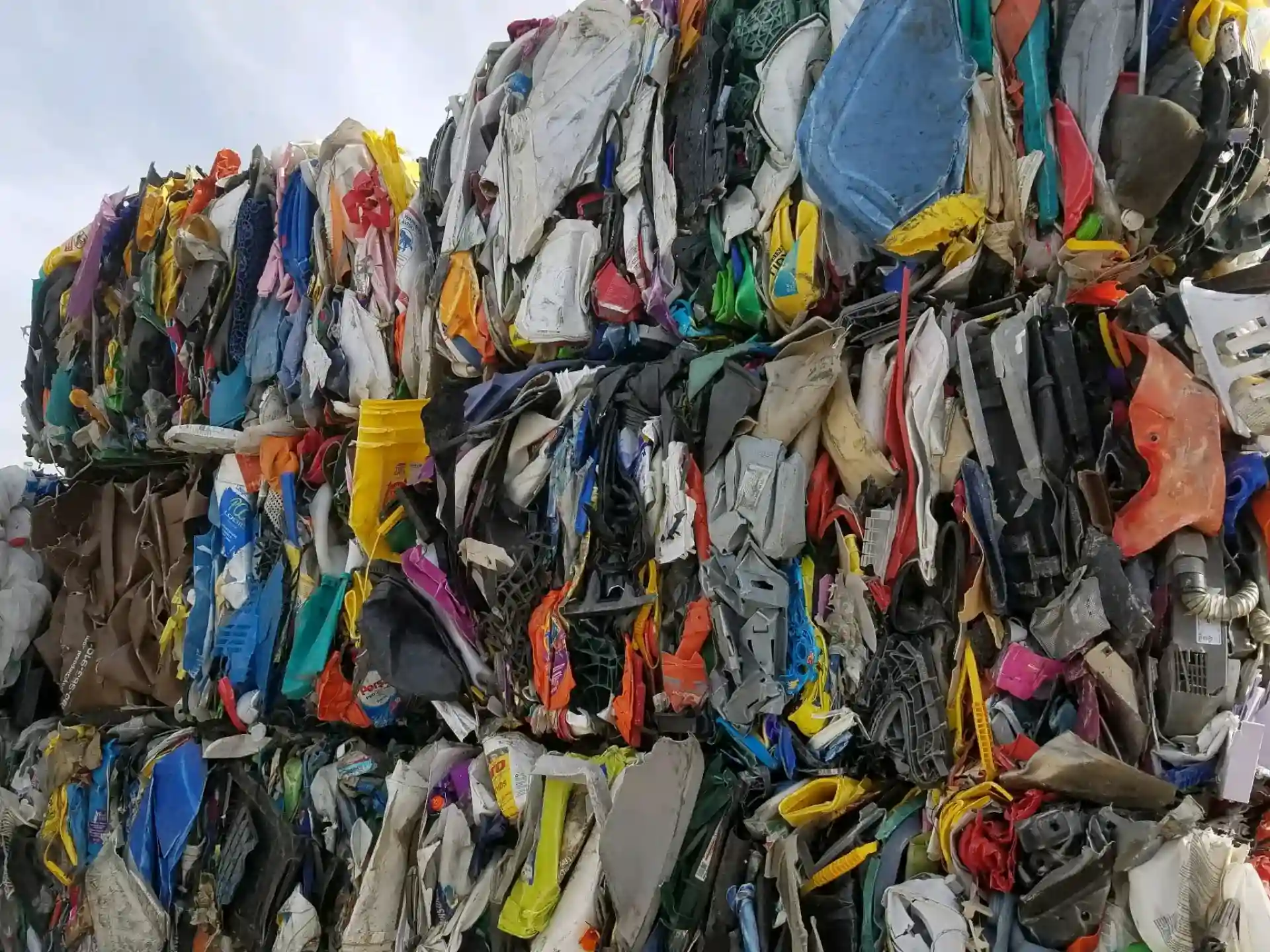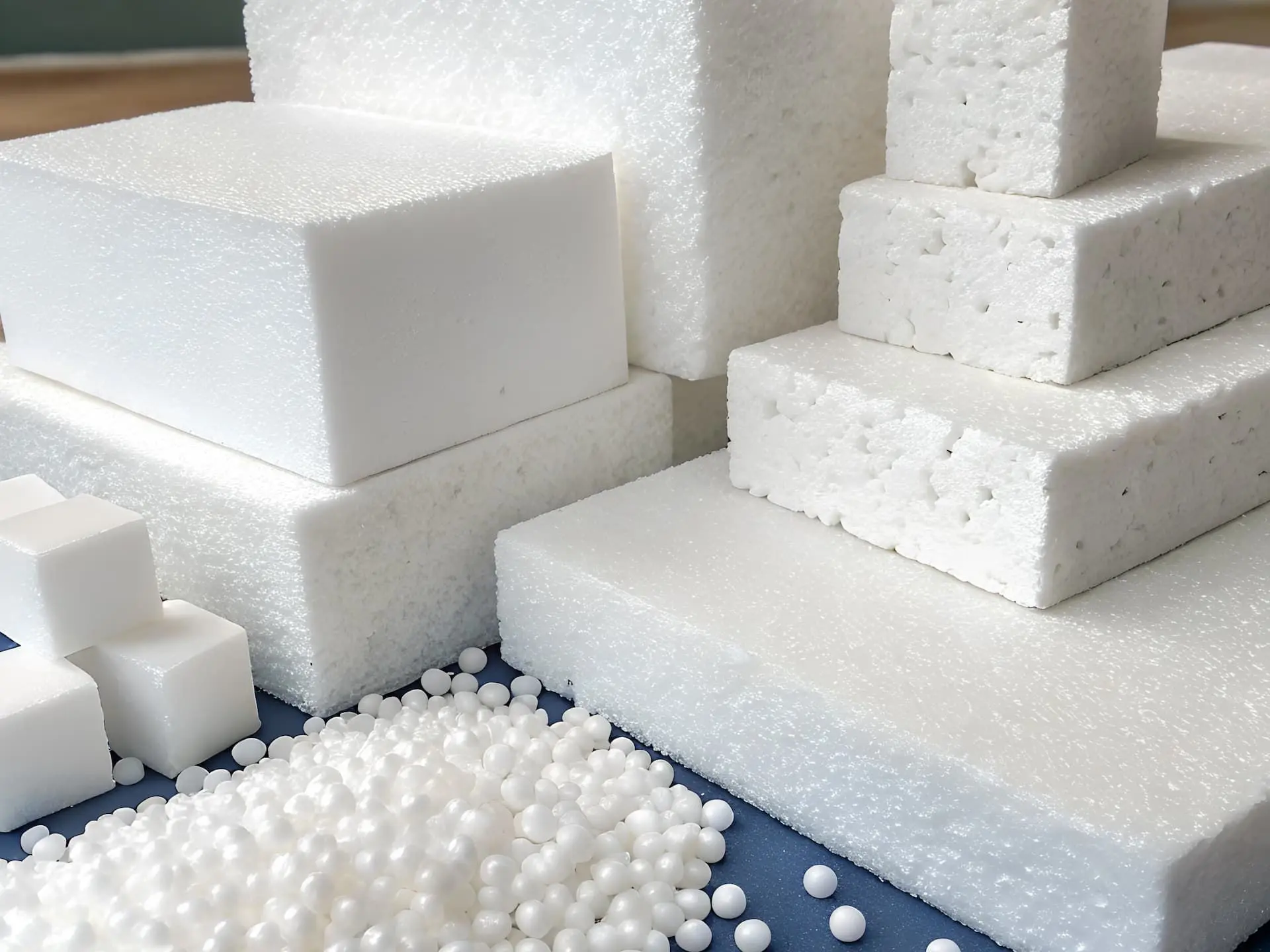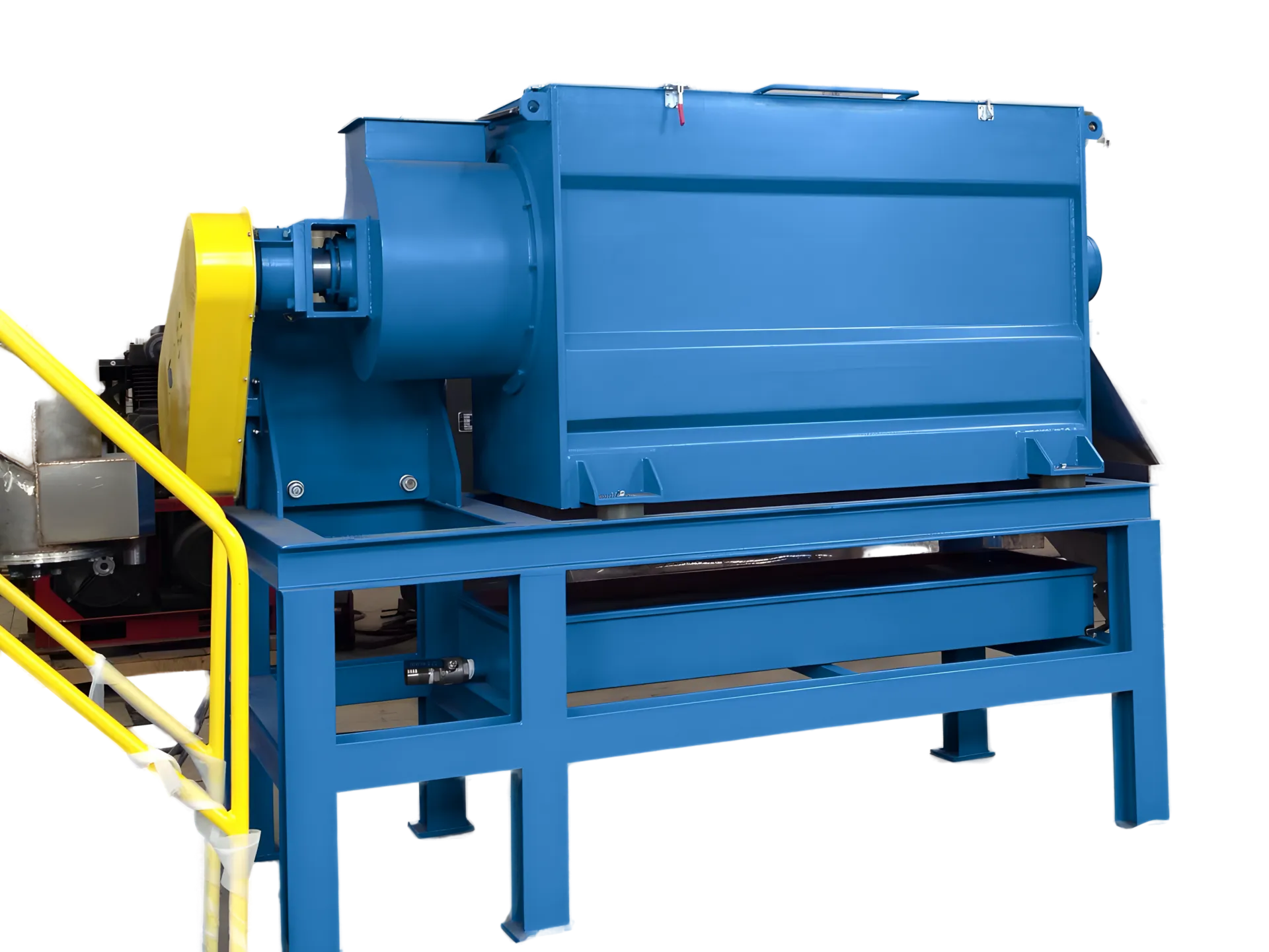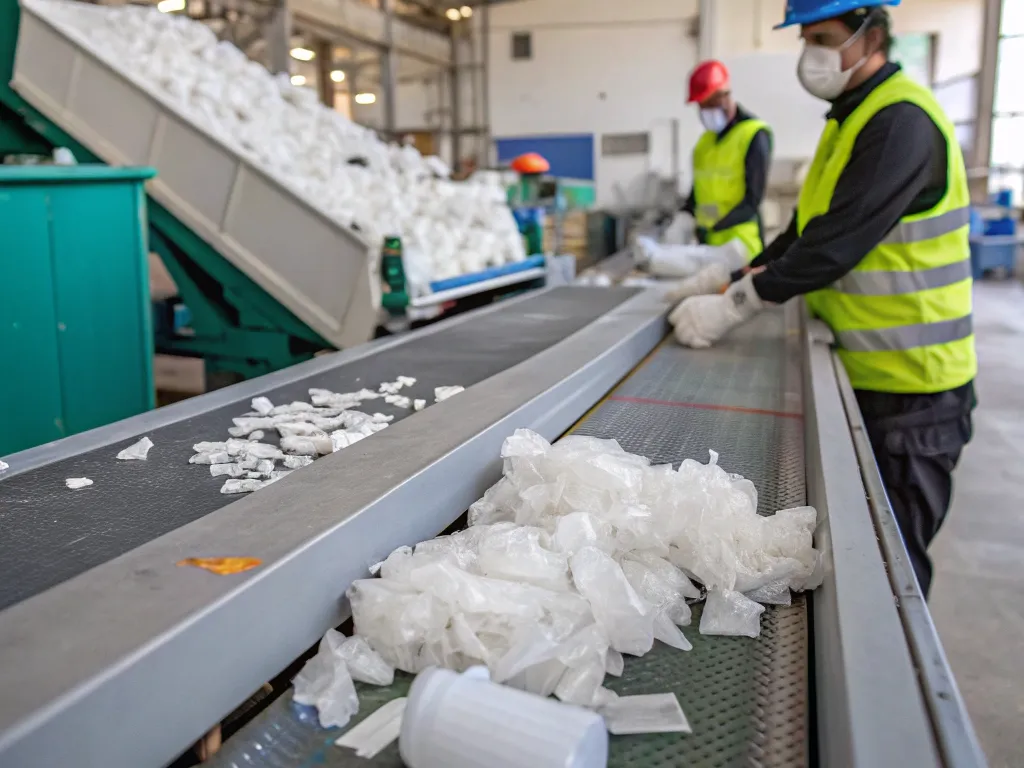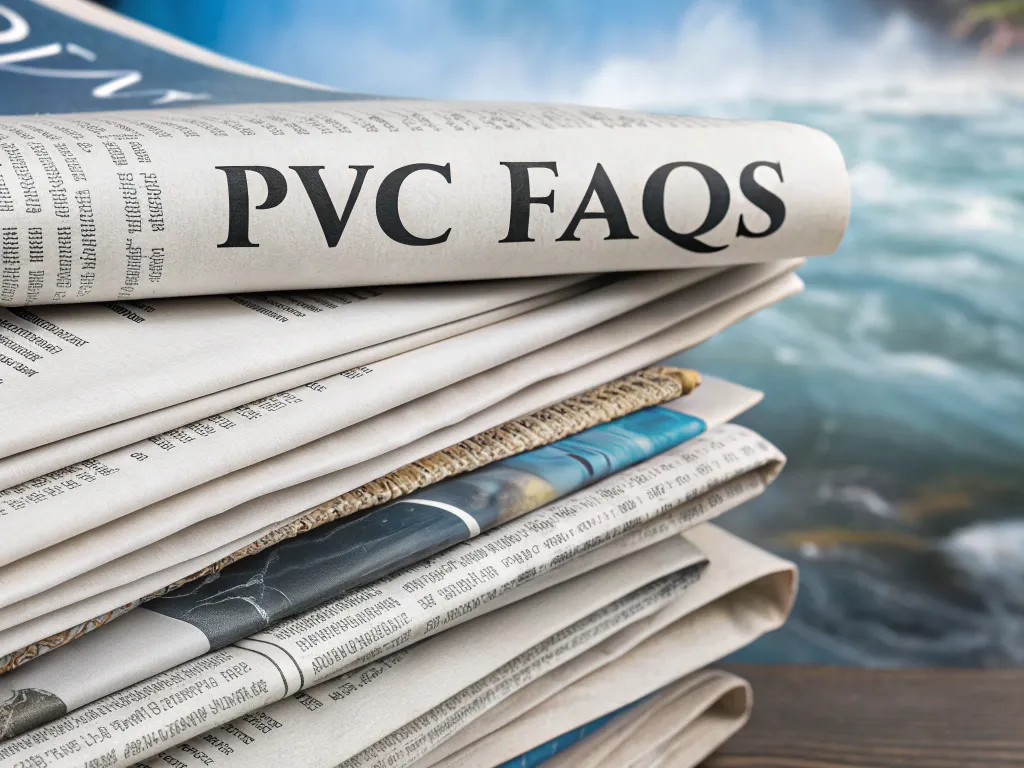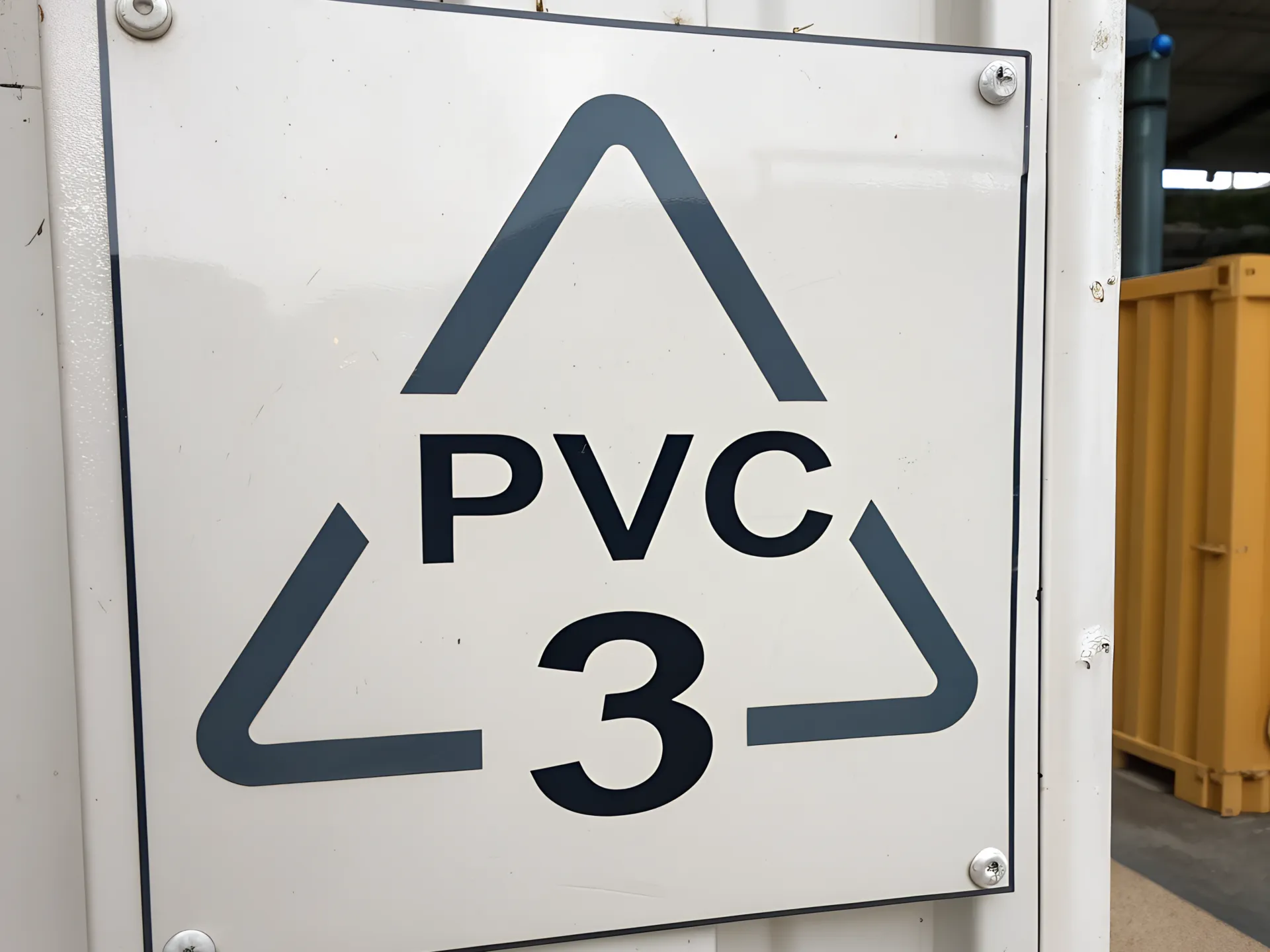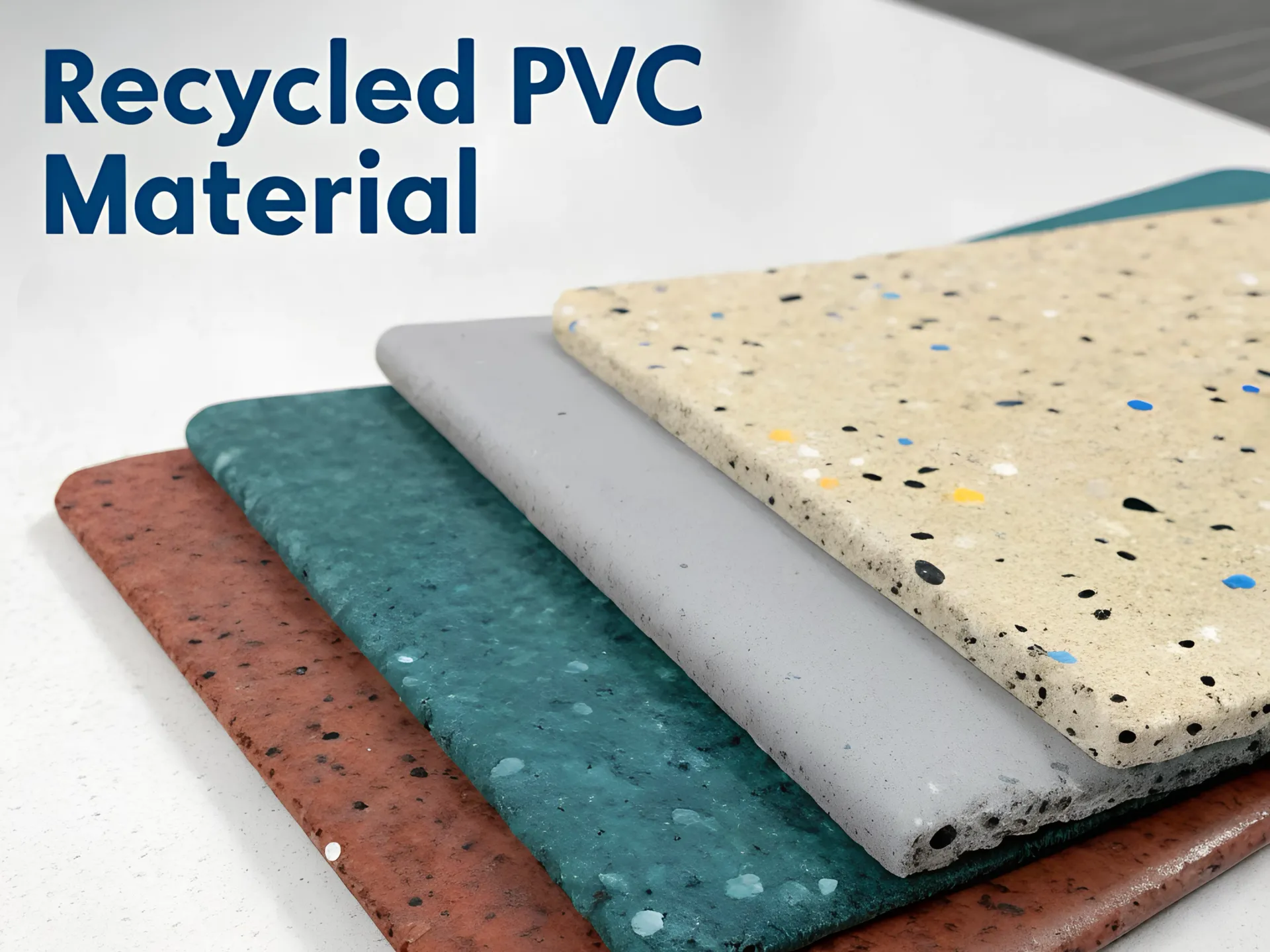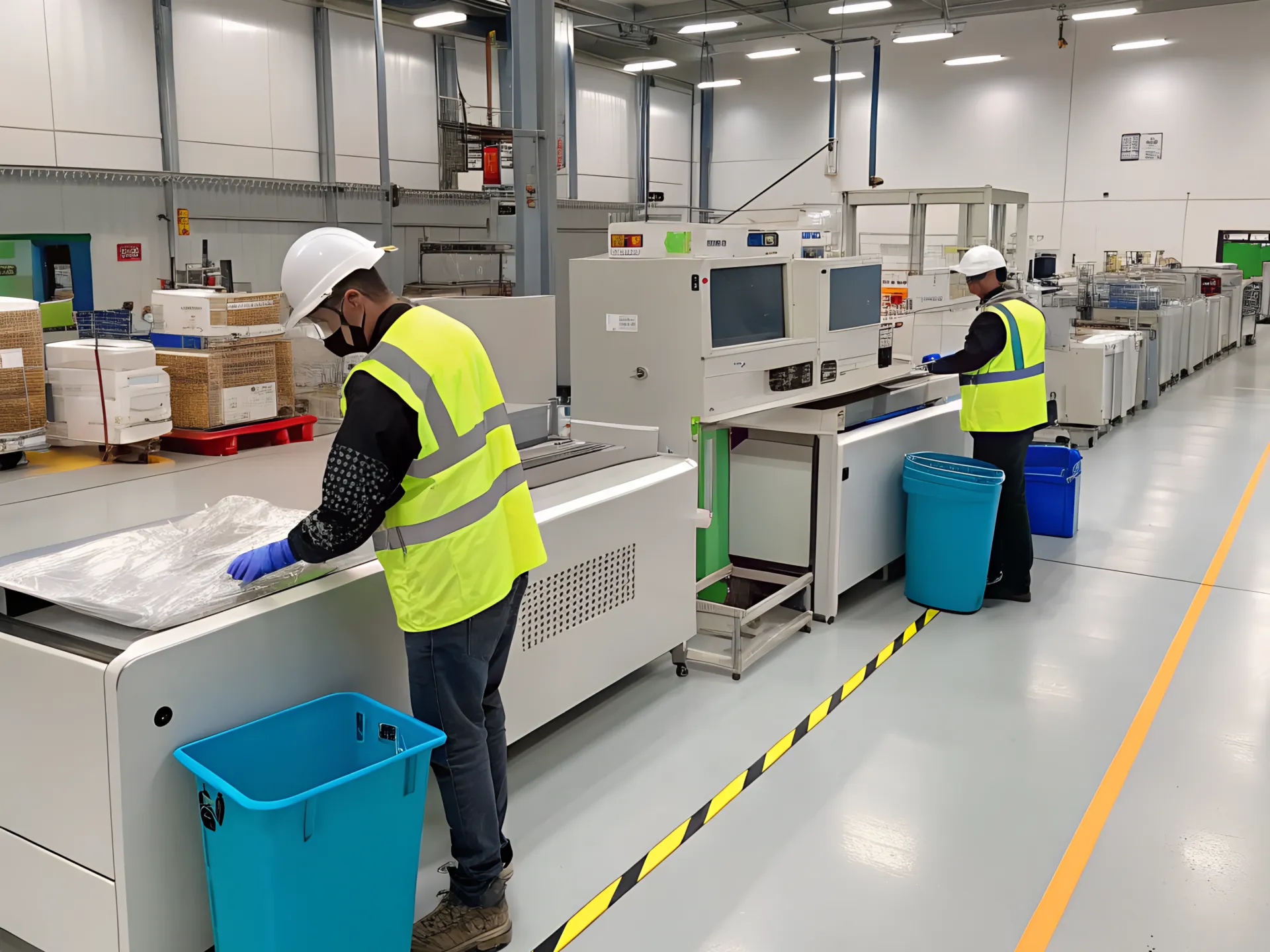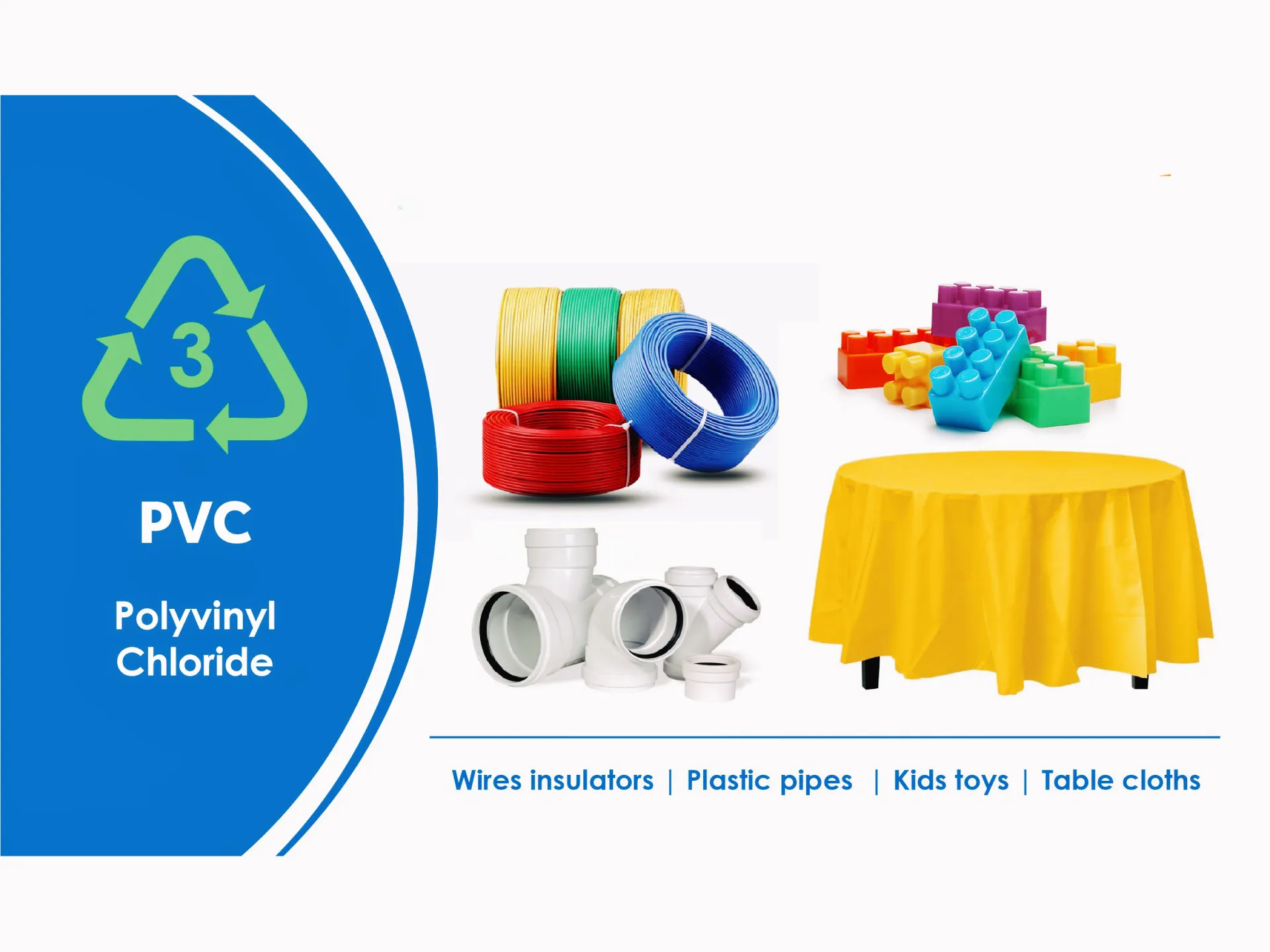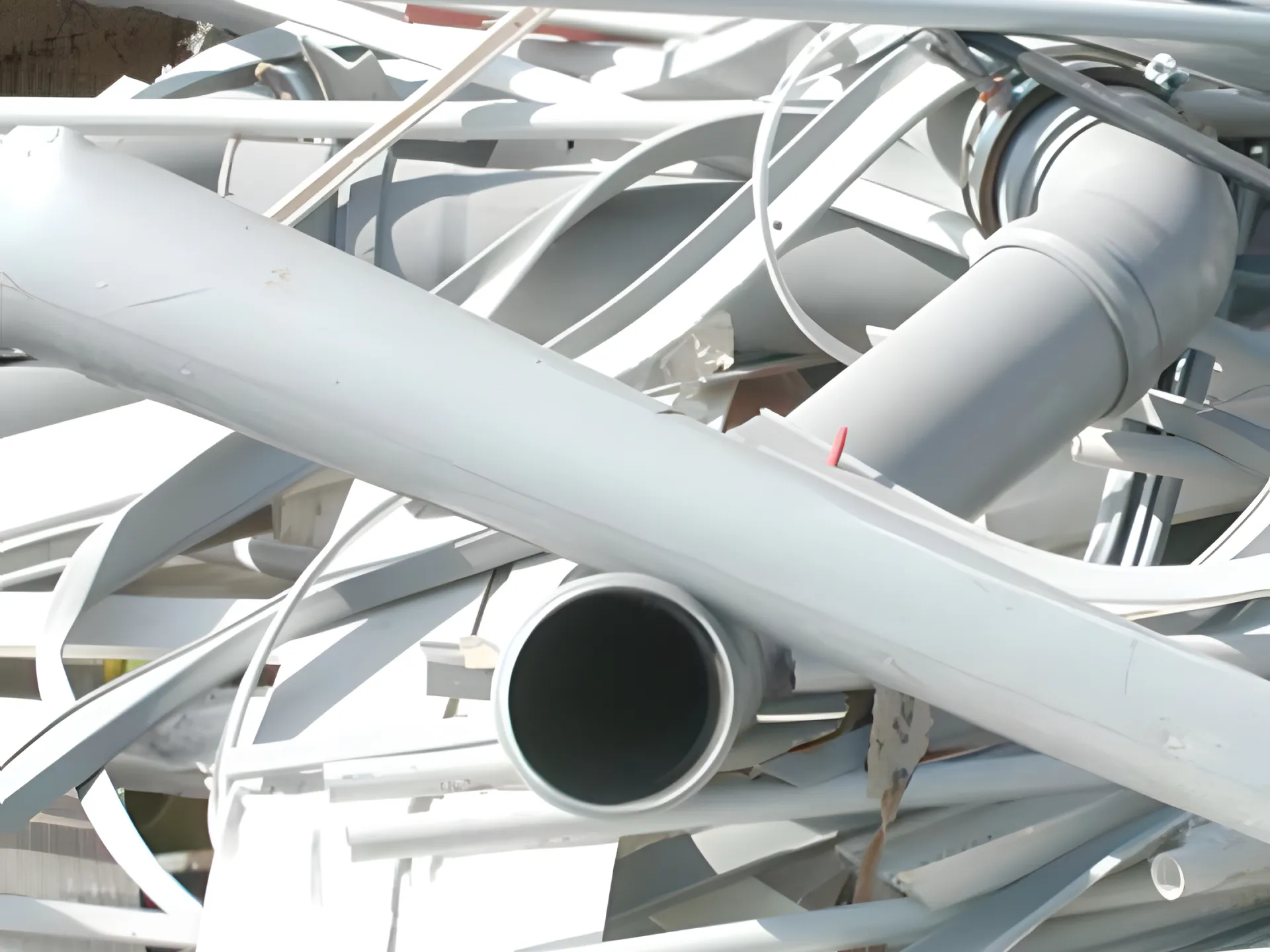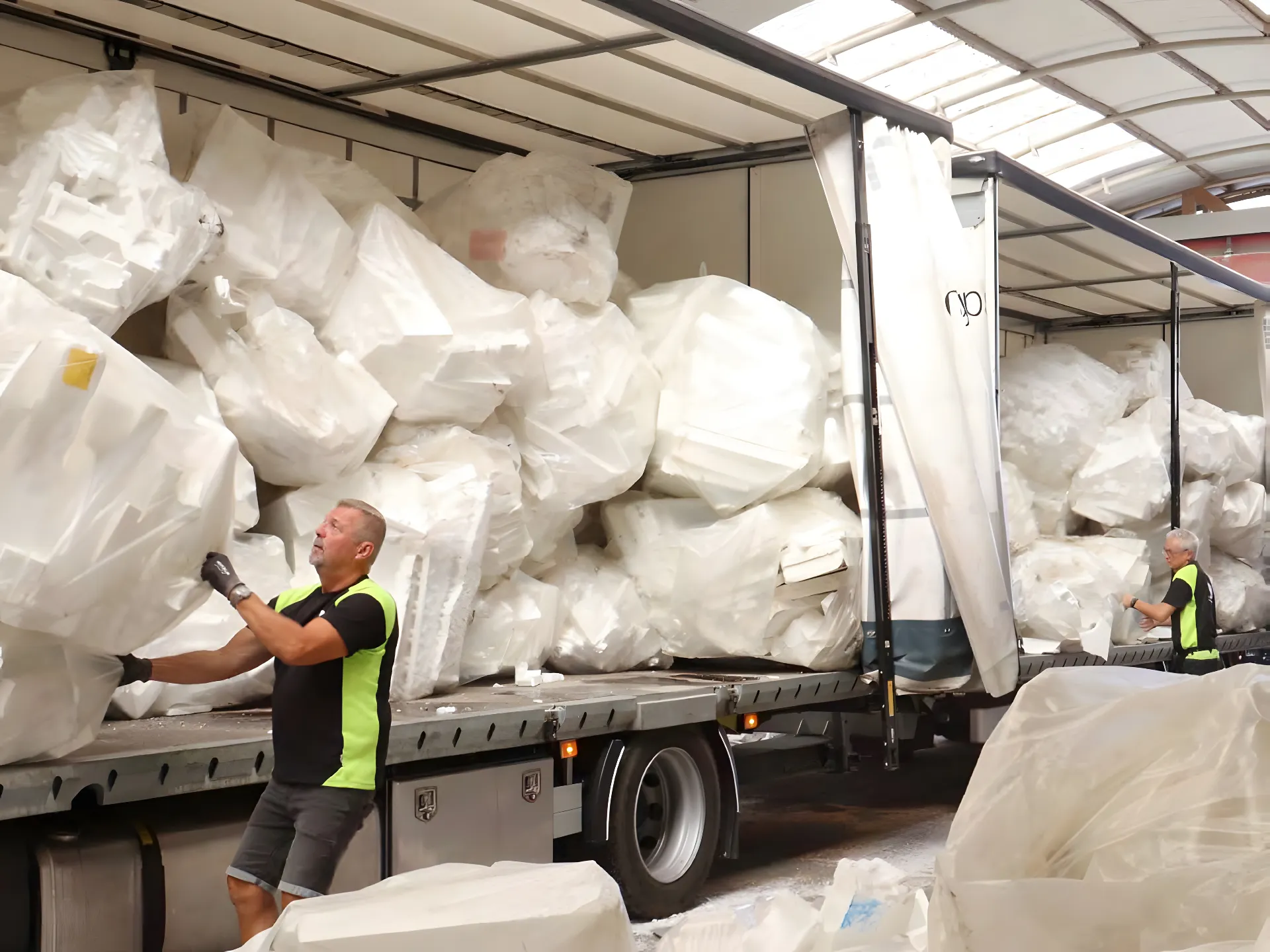Вести о рециклажи
When it comes to managing plastic waste efficiently, selecting the best rigid plastic recycling machine is crucial. The right machine not only reduces your environmental footprint but also boosts the efficiency and profitability of your recycling operations. In this comprehensive guide, we’ll walk you through all the key factors to help you make an informed decision.
Yes, foam can be recycled, but the process and feasibility depend on the type of foam:
A plastic centrifugal dryer is a specialized piece of equipment used primarily in the process of recycling plastics. Here's a detailed explanation based on common industry practices:
In the rapidly evolving world of recycling, rigid plastic recycling machines have seen groundbreaking advancements. These innovations are helping industries reduce waste, save costs, and improve efficiency. Let’s explore the top five game-changing technologies revolutionizing this field in 2024.
What does 'PVC' stand for?
Polyvinyl chloride. PVC is commonly referred to as vinyl, and the two names can be used interchangeably. Vinyl resin can be combined with a wide range of other materials such as plasticizers, stabilizers, lubricants, and colorants, depending on the requirements of the end product. Not all vinyl products use the same combination of materials.
Polyvinyl chloride (PVC) is identified by the recycling code number 3, represented by the symbol “3” within the universal recycling triangle. This code assists in distinguishing PVC from other plastics, facilitating proper recycling and disposal.
Recycled polyvinyl chloride (PVC) is gaining prominence as industries seek sustainable materials. The global PVC recycling market, valued at USD 3.3 billion in 2023, is projected to reach USD 4.9 billion by 2028, growing at a compound annual growth rate (CAGR) of 8.0%.
Effective waste management is essential for the well-being of our communities and the environment. Recycling equipment plays a central role in handling and processing waste efficiently. To ensure the longevity and optimal performance of these machines, proper maintenance is crucial. In this article, we will explore some valuable tips for maintaining waste management equipment, highlighting the importance of regular inspections, daily cleaning, and following the manufacturer's guidelines.
Expanded Polystyrene (EPS) foam, commonly used in packaging and insulation, presents significant recycling challenges due to its lightweight and bulky nature. Recent advancements in EPS recycling machinery are addressing these issues, enhancing waste management efficiency and promoting sustainability.
Polyvinyl chloride (PVC) ranks as the third most produced synthetic plastic polymer globally, following polyethylene and polypropylene. In 2018, the global production volume of PVC reached approximately 44.3 million metric tons, with projections estimating an increase to nearly 60 million metric tons by 2025. This substantial production underscores PVC's extensive application across various industries, notably in construction, packaging, and medical devices, due to its versatility and durability.
In today’s sustainability-focused landscape, the demand for recycled PVC materials is steadily increasing. This growth is fueled by regulatory mandates and a market shift towards eco-friendly materials across industries such as construction, automotive, and packaging. By understanding these market dynamics and investing in the right tools—specifically PVC recycling machines—businesses can position themselves at the forefront of this green revolution.
Foam waste, particularly expanded polystyrene (EPS) and polyurethane (PU) foam, is a major environmental concern. Commonly used in packaging, insulation, and various industrial applications, foam is not biodegradable and takes up significant landfill space if not managed properly. Foam recycling machines offer a practical solution to this challenge by enabling the recycling and repurposing of foam waste. This guide will provide a detailed overview of foam recycling machines, exploring their types, benefits, and the applications where they add the most value.



